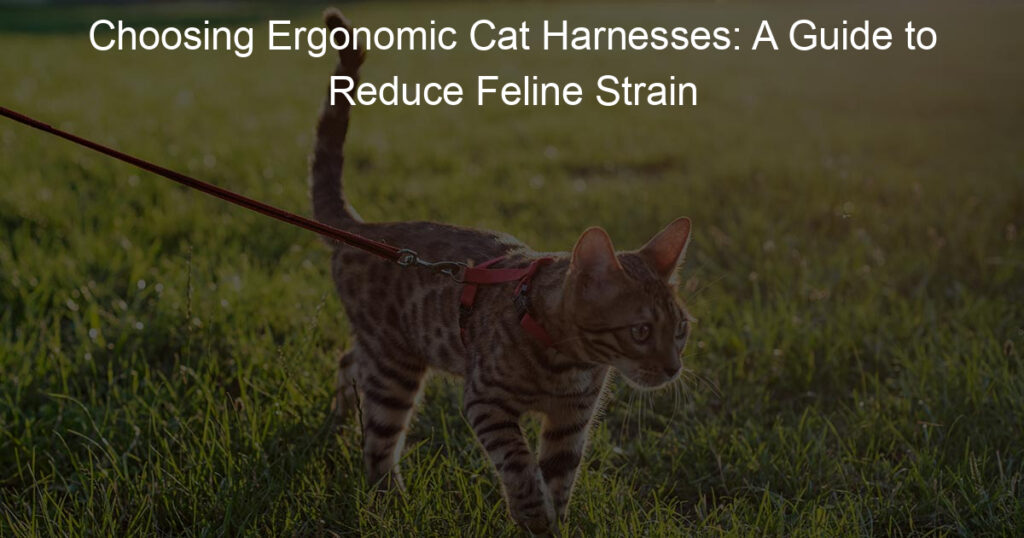Are you a passionate cat owner that likes to give your beloved pet little treats now and then? If so, have you ever wondered whether or not cats can eat eggs? This is an extremely common question asked by many owners – but is it safe to include these tasty treats in their diet?
In this blog post, we will explore this topic in-depth and answer the question: Can cats eat eggs?
Is it bad for cats to eat eggs?
While eggs have a great nutritional profile, they may not be the best choice for cats. Research has suggested that in its raw form, egg whites contain avidin which can interfere with biotin absorption, leading to a deficiency of this crucial B-complex vitamin in cats.
There is currently no evidence on the effects of consuming cooked egg yolks. But as cats are obligate carnivores by nature, it is best to wean them off carbohydrates – making eggs an unlikely candidate for regular consumption. Pet owners should always research the safety of any food item before adding it to their cat’s diet.
How much egg Can I give my cat?
Every pet owner wants nothing but the best for their furry companions, and that includes providing a balanced diet. Eggs are a healthy and tasty treat for cats, but there’s more to give them than cracking open a shell.
Some cats can be sensitive to eggs, so it is important to understand what amount is safe for your cat first. Giving too much egg can lead to digestive problems, so it is recommended to only give one or two egg yolks per week instead of the whole egg.
When introducing eggs as part of your cat’s diet, always make sure it is cooked thoroughly and served moderately as a snack. Your vet will be able to help you decide how much egg is right for your cat.
How do I prepare eggs for my cat?
Caring for your pet can take some extra thought and preparation, and one of the trickier parts of this is figuring out what to feed them. Eggs are a great addition to any cat’s diet, but there are a few things to keep in mind when preparing them.
You should always use fresh eggs or at least ones that haven’t been in the fridge for too long. To make sure you don’t give your cat a food-borne illness it’s important to cook the eggs thoroughly. An egg scramble is usually the best route – scramble them until the whites and yolks have combined completely, then season with spices like oregano or thyme if desired.
Remember too that cats only need small amounts of eggs in their diet!
How many eggs can a cat eat in a day?
While cats are obligate carnivores, meaning that they require meat to survive, it is still possible for them to benefit from and enjoy eggs. A domestic feline typically can consume a single egg in a day.
However, the size of the egg, the age of the cat, and other dietary nuances should be taken into consideration when trying to estimate how many eggs to provide. Too much of this non-meat protein source can have an undesirable effect as it could replace essential proteins found in meat. Nevertheless, small amounts of eggs can add extra flavor, nutrition, and texture that your kitty will surely love.
Can I give my cat boiled eggs?
For those curious about whether it is safe to give boiled eggs to cats, the answer is yes. Cats are not necessarily carnivorous, however, they do need protein in their diet, and boiled eggs can provide an excellent source of protein. Of course, like any dietary change for your pet, it should be done cautiously to ensure that your cat’s belly remains happy.
To begin with, transition your cat to eating boiled eggs slowly by giving them a small amount as a treat once or twice a week. This will help him or her get used to cooking food in their diet and you can decide if this kind of protein supplement is the right fit for your cat.
And while it is not recommended that you switch to boiled eggs entirely as a replacement for existing wet or dry food diets, including them as part of a healthy routine could offer important added nutrition for your pet without negatively affecting their overall health.
Wrapping Up: Can Cats Eat Eggs?
The jury is still out when it comes to if cats should eat eggs. Egg whites can pose a problem for cats, as they contain avidin; however, the risk of harm is limited and only occurs if egg whites are fed in large quantities.
Ultimately, the best decision for whether cats should eat eggs rests with the owner and their knowledge of their cat’s diet and lifestyle. Eggs do offer some health benefits, including essential fatty acids that fight inflammation, vitamins A and B which strengthen the immune system, proteins that Protect the body from free radicals, and minerals that can be important for overall well-being.
To ensure your cat is getting all of these nutrients from eggs without unwanted side effects or potential health risks, make sure to discuss any dietary changes with your veterinarian before introducing them into your cat’s diet.












